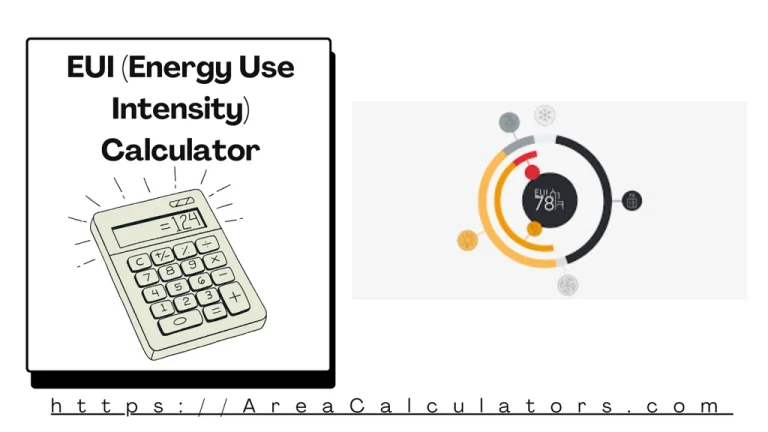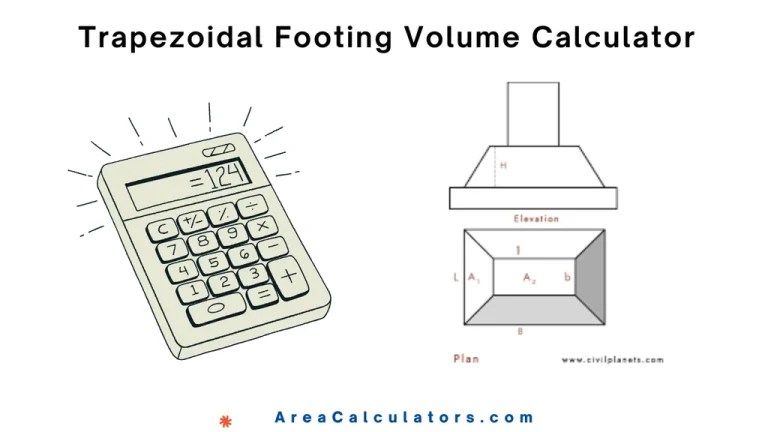BTU to HP Calculator [ British Thermal Unit To Horsepower ]
To convert BTU to horsepower (HP), divide the BTU by time (in hours) and then divide by 2,545 to find the equivalent horsepower.
To convert BTU to horsepower (HP), divide the BTU by time (in hours) and then divide by 2,545 to find the equivalent horsepower.
The BTU to HP Calculator simplifies conversions between British Thermal Units (BTU) and horsepower (HP). This is especially useful in fields like HVAC and mechanical engineering. Knowing the equivalent horsepower of a given BTU value helps compare energy requirements, mainly when evaluating heating or cooling systems.
This conversion gives a direct understanding of power efficiency, whether for boilers, air conditioning units, or compressors.
| Symbol | Description |
|---|---|
| Horsepower equivalent | |
| British Thermal Units (energy) | |
| Time in hours |
Example 1:
| Step | Calculation |
|---|---|
| BTU | 18,000 BTU |
| Time (T) | 1 hour |
| Horsepower Calculation | HP |
| Result | 7.07 HP |
Answer: The equivalent is 7.07 HP.
Example 2:
| Step | Calculation |
|---|---|
| BTU | 12,000 BTU |
| Time (T) | 1 hour |
| Horsepower Calculation | HP |
| Result | 4.71 HP |
Answer: The equivalent is 4.71 HP.
The BTU to HP Calculator is a practically useful tool. It is used to convert energy between British Thermal Units (BTU) and horsepower (HP).
This conversion is commonly helpful in fields such as air conditioning, heating, and refrigeration, where both BTU and HP are common units.
The calculator uses the formula that equates BTU/hr to HP, making it easier to assess energy requirements or output for various equipment, such as boilers or compressors.
For conversions, simply input the BTU value you wish to convert into horsepower. For example, if you need to know the horsepower equivalent of 12,000 BTU/hr, the calculator will provide an accurate HP conversion without the hassle of manual calculations. This explains assessments for selecting or comparing equipment in terms of energy efficiency or capacity.
In the end, the BTU to HP Calculator is a convenient solution for quick and accurate energy conversions, bridging the gap between BTU and HP metrics in various applications.
![RAM Latency Calculator [DRAM Latency, RAM Speed] 1 Ram latency calculator, memory latency tool for optimizing RAM performance and timings.](https://areacalculators.com/wp-content/uploads/2025/07/ram-latency-calculator-768x432.webp)
RAM latency is calculated by multiplying the CAS latency (CL) by 2000 and dividing the result by the RAM’s data rate (DR). The RAM Latency Calculator is a vital tool for understanding your memory’s performance. RAM latency refers to the delay between a memory controller’s request and the time the RAM delivers data. This metric…

10 / 100 SEO Score To calculate the calories burned, multiply the MET value by the person’s weight in kilograms and by the duration in minutes. Then divide the result by 60 to get the total calories burned. Kundalini yoga is a unique form of yoga that combines physical movement, breathing exercises, and meditation to…

To compute Energy Use Intensity (EUI), divide the total energy consumption (TETE) of a building by its total floor area (TFLATFLA). This metric is vital for evaluating a building’s energy efficiency. The EUI (Energy Use Intensity) Calculator is a practical tool for assessing the energy performance of buildings. EUI, expressed as energy consumption…

To convert quarts to pounds, multiply the number of quarts by 2.085. This conversion is useful in recipes, storage measurements, and when working with liquid or dry substances. The Quarts to Pounds Calculator assists in converting volume (quarts) into weight (pounds). It being a handy tool is used in various contexts like cooking, baking, and…

To find the Square Root Curve, multiply the square root of the grade by 10. This approach smooths values using a square root transformation, commonly used in grading and scaling contexts. The Square Root Curve Calculator makes it easy to adjust scores or values by transforming them with a square root curve. This method, often…

To calculate the volume of a trapezoidal footing, use the formula that factors in height and the areas of the top and bottom surfaces. The Trapezoidal Footing Volume Calculator calculates the volume of trapezoidal footings. It is a common type of foundation that is used to support structures with varying loads. This calculator is purpose-built…